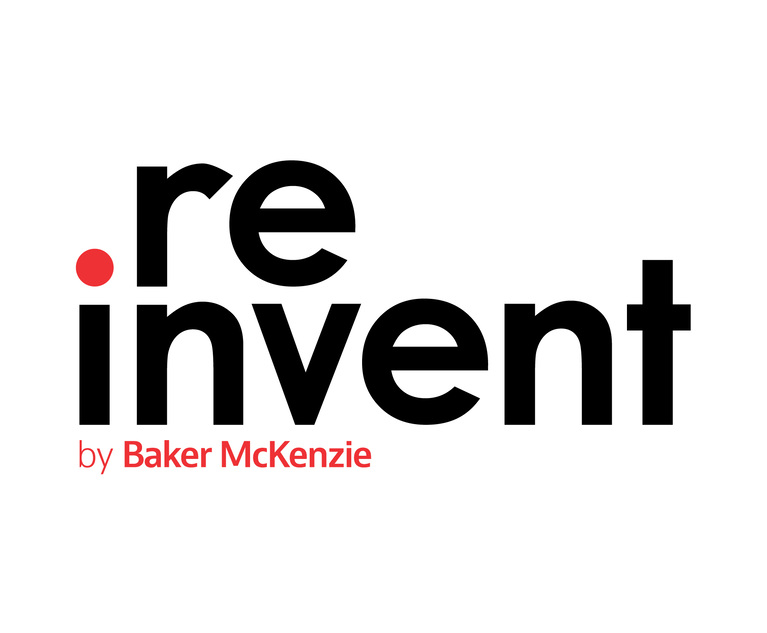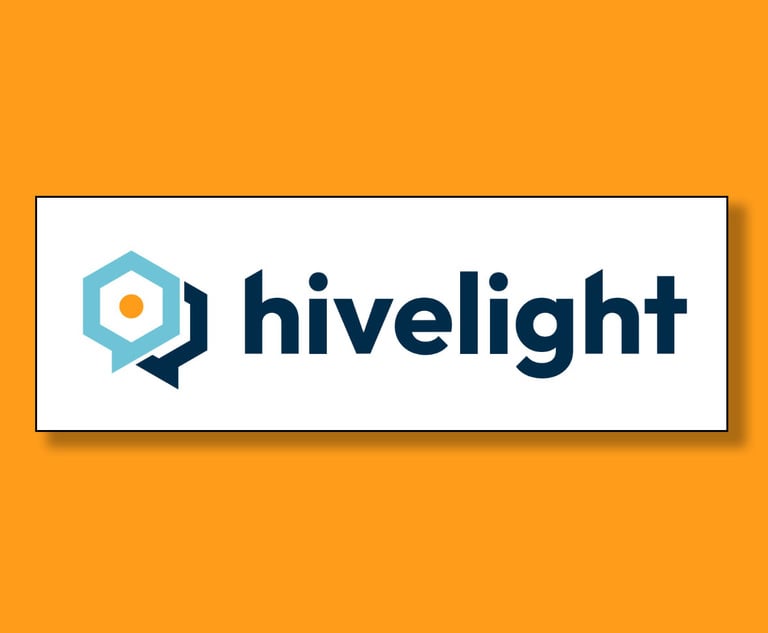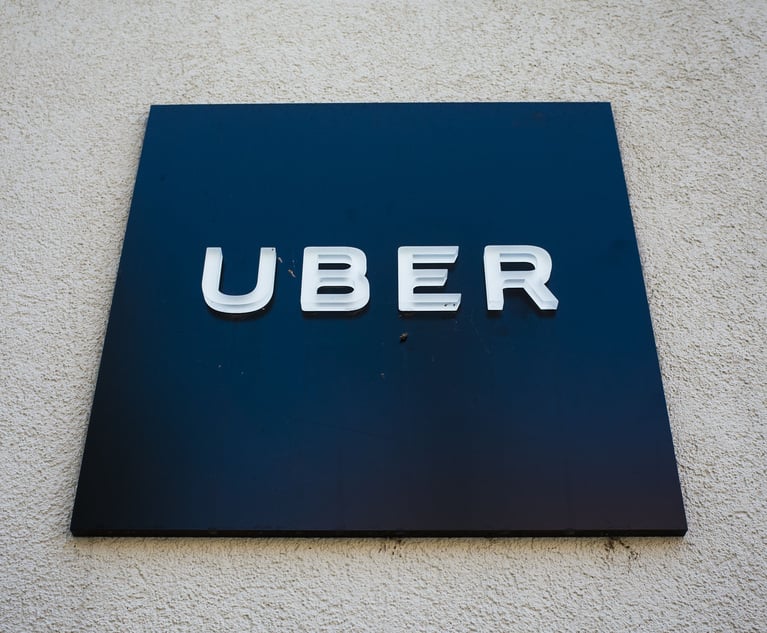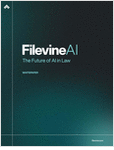Generative AI continues its march through the legal industry, but it’s far from a ChatGPT story, or even an OpenAI one. Much of the focus in the past month or two has been on how legal tech companies are incorporating GPT-3 models into products for application-specific uses, including contract work and docket summaries, as well as speculation as to how they might help ediscovery.
Law firms, on the other hand, are harnessing generative AI for a different purpose—to augment attorney workflows in order to improve the delivery of client services and offer better solutions to client problems.











